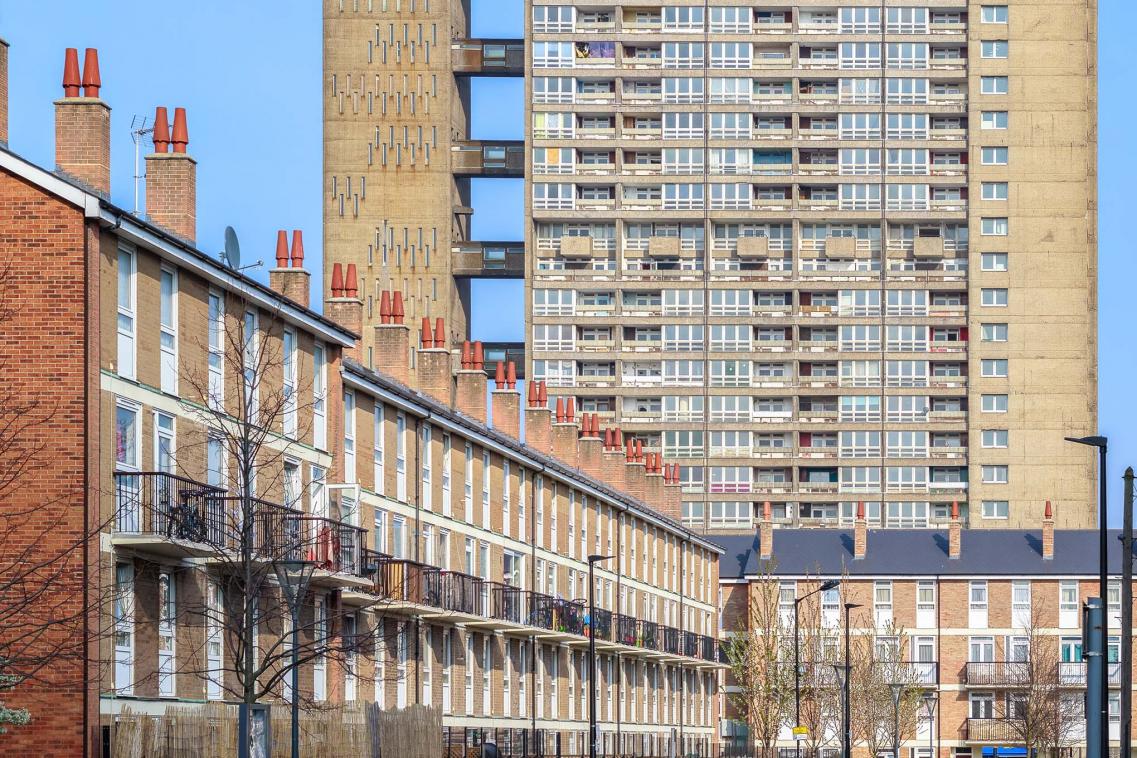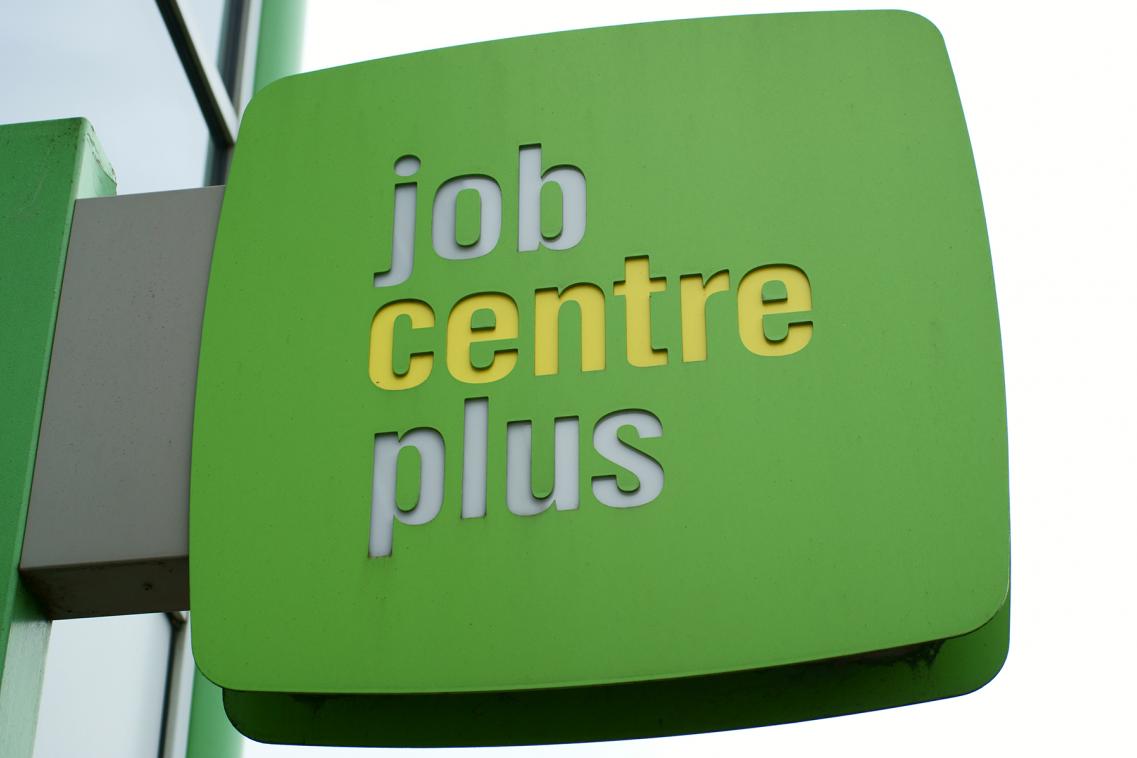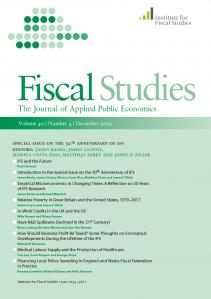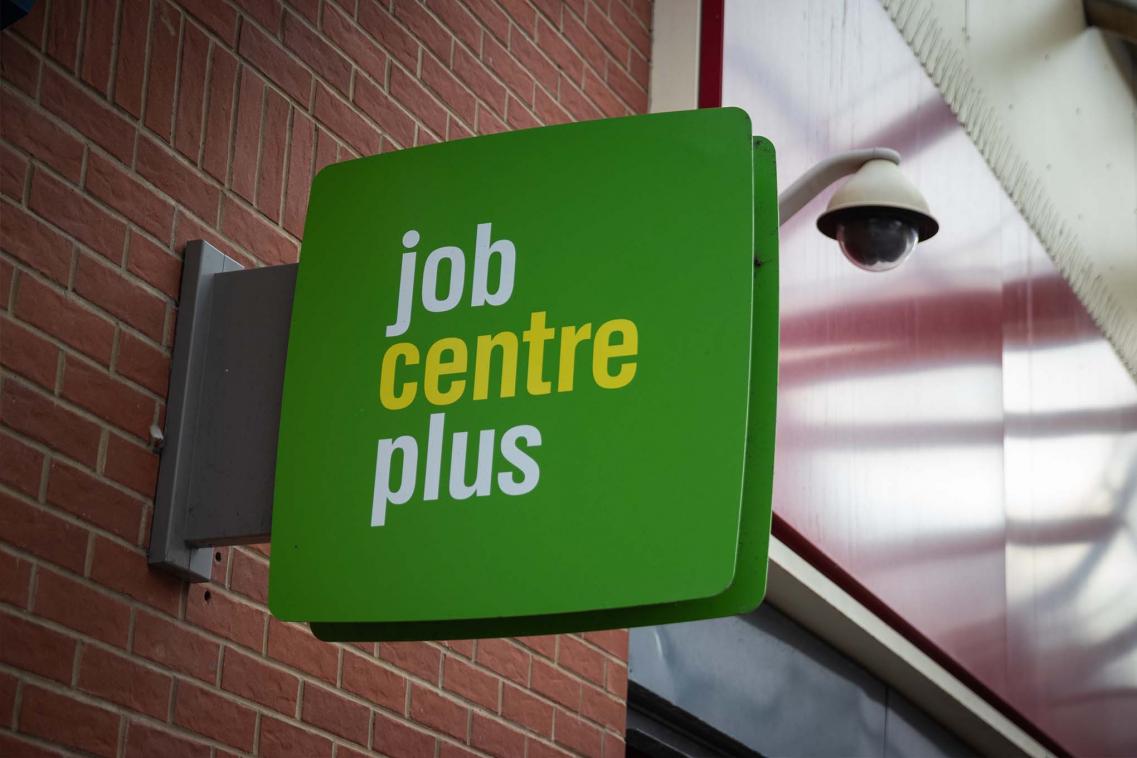Event
29 January 2019 at 10:30
<p>7 Ridgmount Street<br />London<br />WC1E 7AE</p>
Support for low-income households in England to meet their council tax bills has now been the responsibility of councils for almost 6 years. In the face of funding cuts from central government, many have chosen to significantly cut council tax support (CTS). In many areas, even the lowest-income households have been handed local tax bills for the first time since the poll tax.






































